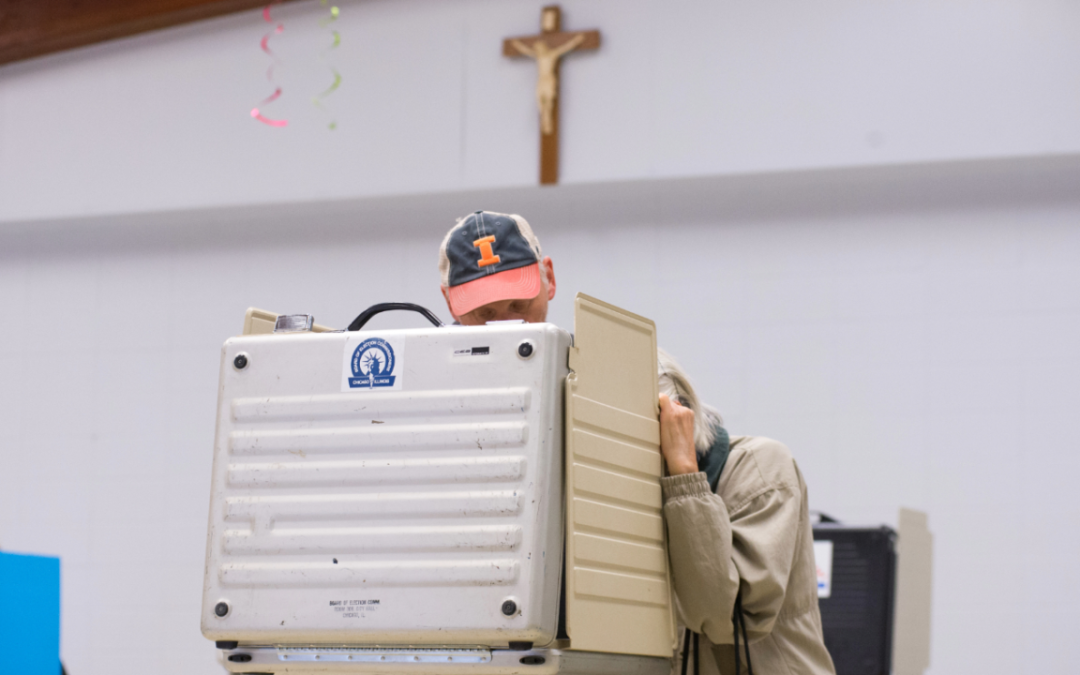Citizens cast their ballots for the 2024 United States Presidential Election at the catholic Church Borgia in Chicago, Illinois, on November 5, 2024. (Jacek Boczarski, Anadolu via Getty Images)
When Josh Shapiro ran for Governor of Pennsylvania in 2022, he was up against Doug Mastriano, an outspoken Christian nationalist who wanted to impose his faith on others.
As an evangelical pastor myself, Mastriano and I come from the same religious tradition, but we fundamentally disagree when it comes to how we interpret Christian values. On the other hand, Shapiro and I come from different religious traditions, yet our values align around upholding the common good.
My organization worked with Shapiro during his 2022 campaign as he spoke directly to faith voters both within and outside of his own Jewish faith. His message was clear: He wanted to welcome all of God’s children into this campaign and promised to fight for them equally as governor. I wholeheartedly believe that this message helped Shapiro win.
The theory of change isn’t about running on religious ideals. It is about doing outreach differently, which could help many other Democratic candidates win their elections, especially in critical swing states.
A new poll from Vote Common Good and Change Research proves that there is an opportunity for Democrats in 2026 and beyond to deepen their connection to voters of faith, including those who voted for Democrats in 2024 and some of those who did not.
The generally accepted narrative is that religious voters must vote Republican, but this is not true in practice. Christian voters already make up a sizable bloc for Democrats. In fact, 77 percent of Harris voters either identified as “born-again” or “evangelical” Christians, or said that they pray, that religion has some importance to them, that they attend church or that they identify with a religion.
